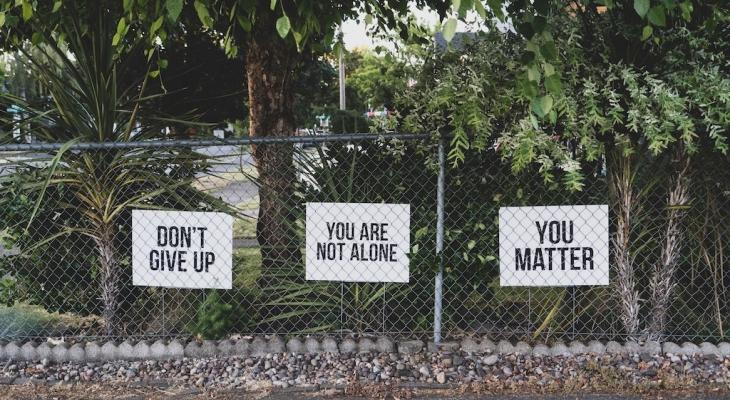Contributors
Writer
Not sure how to ask for help? Read on for practical tips on how to get support from those around you.

I don’t want to bother others with my problems. They won’t understand anyway.
~
It’s just easier to do it myself than explaining to someone else what I need.
~
I should be able to take care of this on my own. I don’t need other people to help me.
~
No one else has stepped up.
~
No one can do as good a job or get it right.
~
I don’t trust other people, especially “strangers”, to take care of my loved one.
~
I’ll feel bad if I don’t do it.
~
People will think negatively if they find out.
~
I don’t know how or where to get help, or who and how to ask for it.
~
Getting outside help is expensive.
Sound familiar? These are some common reasons caregivers give for going it alone. Because of the seemingly infinite responsibilities caregivers find themselves saddled with, asking for and accepting help from others goes a long way in reducing caregiver stress and burnout. But for many, this is easier said than done. How do you not just care hard, but care smart? Here are some ways to marshall the goodwill of others.
If someone asks how you are doing, resist the instinct to reply with, ‘I’m fine, thanks.’ Instead, take it as an opportunity to share your situation and ask for help. Use ‘I’ statements to explain your predicament and steer the conversation towards a request.
For example, ‘I’ve been so tired from waking up multiple times every night to check on my son and talking to him into the wee hours, that I can’t concentrate while driving my daughter to school. Would you pick her up on the way when you send your kids to school, please?”
People are not mind-readers, no matter how close they are to you. So be honest and open about what is going on with you and the person you are caring for, as well as about what you need from them. If you are still unsure, try rehearsing what you will say or write it down on a piece of paper. All you might need is a listening ear and sharing your situation with an empathetic friend is exactly what the doctor would prescribe! If you would like someone to call you instead, set up a regular check-in for others to contact you.
There is no need to be bashful about accepting help. When someone accepts or offers, say ‘Yes please, I would really appreciate it’ and let people feel good about helping you. Express your gratitude with a thank-you note (or e-mail or text) or a lunch treat.
Be prepared for hesitance or refusal when asking for help. Try not to take it personally, as the person is turning down the task and not you. Consider that this may be a painful situation for them too or that they do not understand what you are going through — mental health issues are complex and people process differently. Instead, move on to alternatives. Plan for backup help as the assigned helper may be unavailable sometimes.
If the situation allows and you are comfortable doing so, you can try asking these follow-up questions:
To flip the old adage, caring can do with some sharing! When you allow others to care for you, a virtuous cycle is created for you to better care for others.
Want to know more? Here are the articles we referenced to compile this resource:
5 reasons why carers don’t ask for help
Taking Care of YOU: Self-Care for Family Caregivers
8 Tips To Ask For The Caregiving Help You Need
Getting Caregivers to Ask for Help – Viki’s Four-Step Process
Step into the shoes of a caregiver
Explore our first multi-plot interactive video, A Quiet Ripple, that shows what a mental health caregiver might experience - from dilemmas, to a need for support. The choices you make will impact how the story ends. Experience it to better understand the lives of caregivers.
Writer

People doing good. Causes you can support. Subscribe for a weekly dose of inspiration.

Our Better World is the digital storytelling initiative of the Singapore International Foundation, which brings world communities together to do good.

Our Better World is the digital storytelling initiative of the Singapore International Foundation, which brings world communities together to do good.